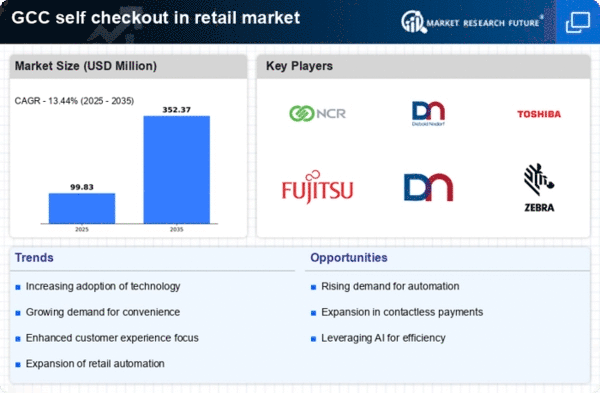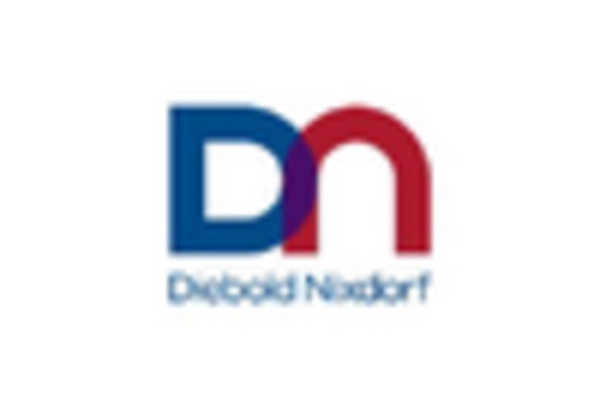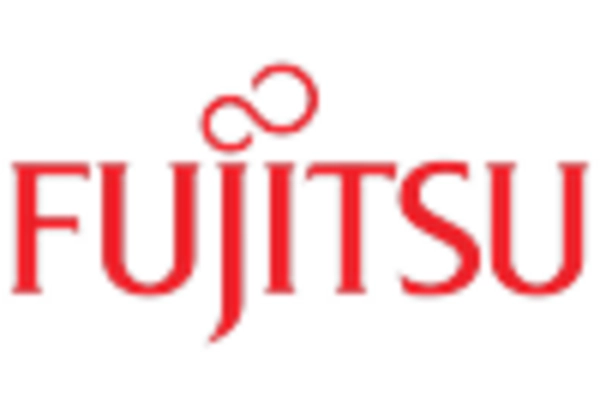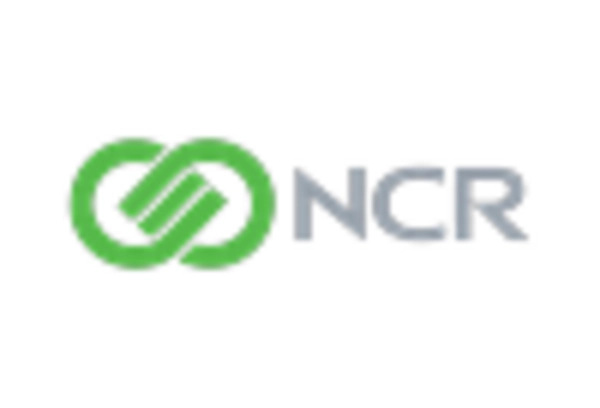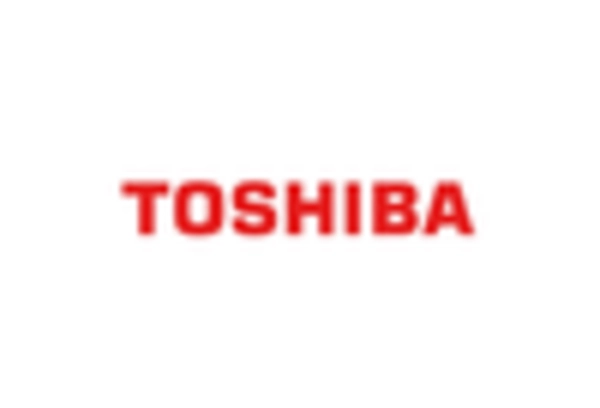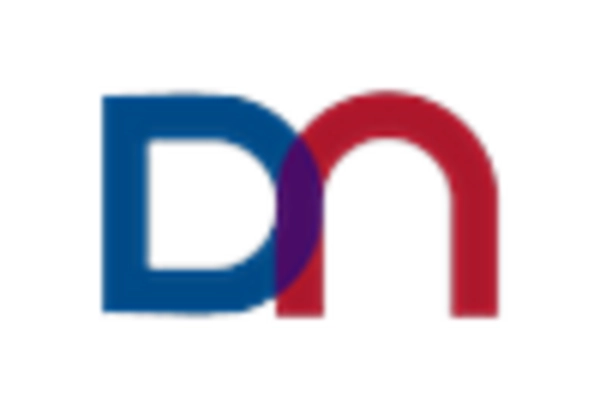Rising Labor Costs
The self checkout in retail market is experiencing a notable shift due to rising labor costs across the GCC region. As retailers face increasing expenses related to employee wages and benefits, many are exploring automation solutions to mitigate these costs. Self checkout systems offer a viable alternative, allowing retailers to reduce the number of staff required at checkout points. This trend is particularly pronounced in countries like the UAE and Saudi Arabia, where labor costs have surged by approximately 15% over the past few years. Consequently, the self checkout-in-retail market is likely to expand as businesses seek to optimize operational efficiency and maintain profitability.
Evolving Retail Landscape
The evolving retail landscape in the GCC is significantly impacting the self checkout in retail market. With the rise of e-commerce and changing consumer shopping habits, traditional retail formats are adapting to remain competitive. Retailers are increasingly incorporating self checkout systems to enhance the in-store experience and cater to tech-savvy consumers. This shift is evident as many retailers report a 20% increase in foot traffic when self checkout options are available. As the retail environment continues to transform, the self checkout-in-retail market is likely to see sustained growth, driven by the need for retailers to innovate and meet changing consumer expectations.
Consumer Demand for Convenience
In the GCC, there is a growing consumer demand for convenience, which is significantly influencing the self checkout in retail market. Shoppers increasingly prefer quick and efficient shopping experiences, leading to a rise in the adoption of self checkout systems. Recent surveys indicate that around 60% of consumers in the region express a preference for self-service options, as they allow for faster transactions and reduced wait times. This shift in consumer behavior is prompting retailers to invest in self checkout technology, thereby enhancing customer satisfaction and loyalty. The self checkout-in-retail market is thus poised for growth as retailers adapt to these evolving consumer preferences.
Government Initiatives Supporting Automation
Government initiatives in the GCC region are increasingly supporting automation in various sectors, including retail. These initiatives aim to enhance operational efficiency and competitiveness, thereby fostering an environment conducive to the growth of the self checkout in retail market. For instance, several governments are providing incentives for businesses to adopt advanced technologies, including self checkout systems. This support is particularly evident in countries like Qatar and Bahrain, where policies are being implemented to encourage innovation in retail. As a result, the self checkout-in-retail market is expected to expand as retailers take advantage of these favorable conditions to modernize their operations.
Technological Advancements in Payment Systems
Technological advancements in payment systems are playing a crucial role in the evolution of the self checkout in retail market. The integration of contactless payment options, mobile wallets, and advanced scanning technologies is enhancing the efficiency and security of self checkout transactions. In the GCC, the adoption of contactless payments has surged, with estimates suggesting that over 40% of transactions are now conducted using this method. This trend not only streamlines the checkout process but also aligns with consumer preferences for speed and convenience. As retailers continue to upgrade their payment systems, the self checkout-in-retail market is likely to benefit from increased adoption and usage.


